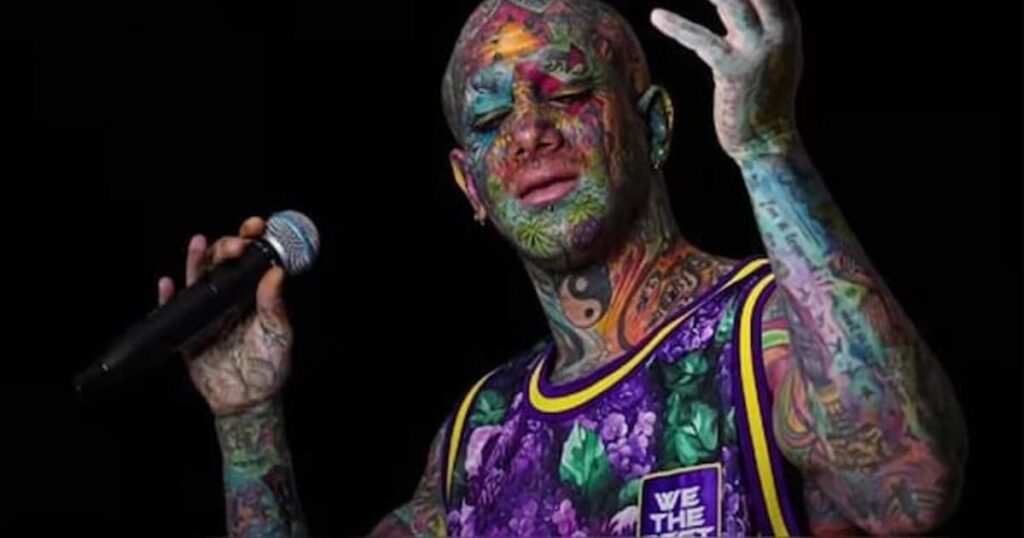TEHRAN — Iran’s Supreme Court has upheld the death sentence against Iranian pop singer Amir Hossein Maghsoudloo, widely known by his stage name Tataloo, on charges of blasphemy, the country’s judiciary confirmed on Saturday.

The announcement came via judiciary spokesman Asghar Jahangir, who told reporters that the ruling was now final and ready for execution. Tataloo, one of Iran’s most controversial cultural figures, was extradited from Turkey in December 2023, months after having initially received a five-year prison sentence for blasphemy from the Tehran Criminal Court.
However, that verdict was later overturned by the Supreme Court, which ordered a retrial in a different court. The new court imposed the death penalty, which the top court has now confirmed.
“This ruling has now been confirmed and is ready for execution,” Jahangir said during a press briefing. He added that two legal petitions — believed to be a retrial request and a clemency appeal — have been formally submitted by the singer’s legal team and are under review.
Jahangir had first revealed the death sentence in January, though it had not been finalized at the time. The court’s latest ruling removes that uncertainty and places Tataloo’s fate in the hands of a judicial review panel weighing his final appeals.
The heavily tattooed artist, who built a massive following among Iran’s youth through provocative lyrics and social media presence, is also serving a 10-year prison sentence for “promoting corruption and prostitution” and “spreading propaganda” against the Islamic Republic.
Despite his rebellious persona, Tataloo has a complicated history with the Iranian establishment. In 2015, he released a pro-nuclear deal anthem during Hassan Rouhani’s presidency, which was promoted by state media. He also received public backing from conservative figures, including late President Ebrahim Raisi, in a move aimed at connecting with younger Iranians.
Tataloo had been living in exile in Istanbul since 2018, where he continued to produce music and post critical commentary about Iran’s religious establishment. His arrest and extradition by Turkish authorities in late 2023 shocked fans and triggered human rights concerns from observers who accused Ankara of enabling Tehran’s crackdown on dissident voices.
With his legal avenues narrowing, attention now turns to whether Iran’s judiciary will honor the clemency request or proceed with the execution of one of the country’s most polarizing cultural icons.



